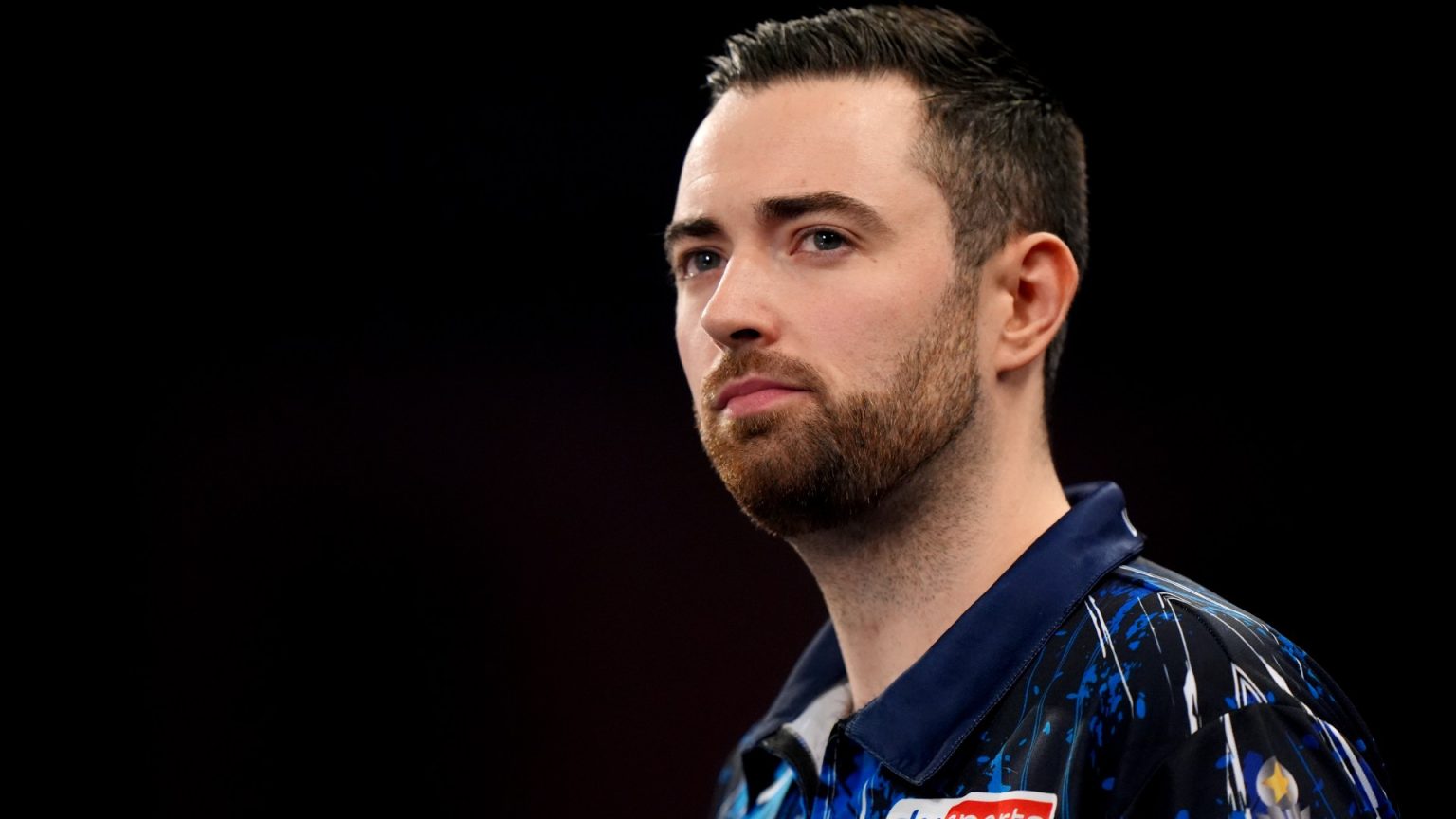Luke Humphries, the world’s number one darts player, opened up about the unsettling experience of fan abuse during a recent podcast appearance on Jaackmate’s Happy Hour. He recounted an incident from last year, believed to be during a Premier League match against Luke Littler, where a spectator repeatedly hurled the c-word at him. Humphries expressed his disbelief and disgust at the man’s behavior, emphasizing the inappropriateness of such language, particularly coming from an adult presumably in his 30s or 40s. He contrasted the man’s actions with the expected behavior of a teenager, highlighting the maturity gap and the unsettling nature of the abuse. Humphries directly addressed the heckler, urging him to consider the example he was setting, especially if he had a young son. This incident wasn’t isolated, as Humphries mentioned experiencing similar abuse from fans supporting other players, suggesting a recurring pattern of negativity within certain segments of the darts fanbase.
The incident clearly impacted Humphries, who admitted that such persistent abuse affects his performance and overall enjoyment of the game. He explained that being subjected to constant negativity creates an unpleasant environment, leading him to question his desire to be on stage. The experience leaves him confused about the motivations of some fans who seem intent on disrupting the game and unsettling the players. He contrasted this behavior with the ideal scenario of fans appreciating high-level play and creating a positive atmosphere. Humphries’ disappointment stems from the desire to provide a good show for the audience, which is undermined by the distracting and demoralizing actions of a few.
The abuse Humphries faced highlights a broader issue within professional sports, where athletes are sometimes subjected to personal attacks and derogatory language from spectators. While a certain level of banter and rivalry is expected and even contributes to the atmosphere, crossing the line into personal insults and offensive language creates a hostile environment for players. This can impact their mental well-being, performance, and overall enjoyment of the sport. It raises questions about the responsibility of event organizers and the sporting community as a whole to address such behavior and create a more respectful and supportive environment for athletes.
Humphries’ comments also touch upon the generational aspect of fan behavior. His incredulity at a middle-aged man resorting to such language suggests a perceived decline in decorum and respect within certain fan groups. While younger fans might be excused for occasional lapses in judgment, the expectation is that adults would exhibit greater maturity and self-control in their interactions with players. This raises questions about the evolving culture of sports fandom and the need for greater emphasis on respectful behavior and sportsmanship, regardless of age.
The incident underscores the impact of a vocal minority on the overall experience of both players and fans. While the vast majority of darts enthusiasts likely appreciate skilled play and respectful competition, the actions of a few can create a negative atmosphere and overshadow the positive aspects of the sport. This highlights the importance of actively promoting positive fan behavior and condemning abusive language and actions to ensure a more enjoyable and inclusive environment for everyone involved. Ultimately, the goal should be to create an atmosphere where players feel appreciated and supported, allowing them to perform at their best and showcase the skill and excitement of the sport.
Furthermore, Humphries’ experience brings to light the challenges faced by athletes in navigating the increasingly public and scrutinized world of professional sports. The rise of social media and readily available platforms for fan interaction has blurred the lines between public persona and private life, making athletes more vulnerable to criticism and abuse. This necessitates a greater understanding and empathy from fans, recognizing that athletes are individuals susceptible to the same emotional pressures and anxieties as anyone else. Building a more supportive and respectful environment requires a collective effort from fans, organizers, and the sporting community to ensure that the passion for the game doesn’t devolve into negativity and personal attacks.




